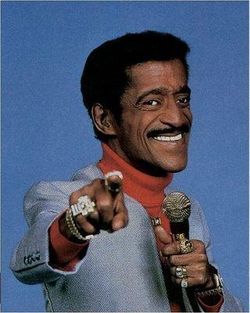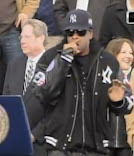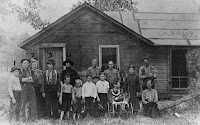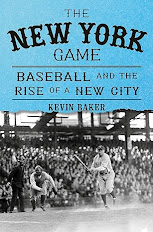New York, it would soon be clear, had learned all the wrong lessons from the departure of the Giants and the Dodgers.
From the start, New York should have responded to their extortionate demands by making clear that it would challenge major-league baseball’s tenuous anti-trust exemption—baseball’s Achilles heel. The city should have openly threatened to fight baseball in the courts and in the Congress.
New York should have threatened, too, that if the Dodgers and Giants left, the city would immediately seek to lure in two other teams to replace them—say, the promising young ballclubs in Cincinnati and Pittsburgh.
It is hard to believe that an all-out counterattack on both these fronts would not have stopped the departure of the Giants and the Dodgers in their tracks.
But what if, in the future, city teams threatened just to move to the suburbs, thereby hanging on to their huge, broadcast markets—something the Dodgers had briefly threatened to do?
City leaders should have also worked out agreements with surrounding areas in New York State, Connecticut, and New Jersey, to prevent them all from being baited into a bidding war by local teams. Perhaps the football teams could have gone to the ’burbs—more parking lot barbecue space!—while the baseball and arena teams stayed in the city proper.
But they didn’t.
Instead, once the Giants and Dodgers had shown that they would actually pack up and leave, New York caved, and went on caving, terrified that more such departures would convince people that the city was only a bigger Detroit, or Cleveland, or Baltimore. That it was just what Walter O’Malley and Horace Stoneham said it was: doomed.
The first concession—and in many ways the most obscene—was letting the original Pennsylvania Station, one of the greatest buildings in the history of Western architecture, be torn down so that an appallingly ugly, new Madison Square Garden could be dumped on top of it.
Suburban white men couldn’t be forced to travel even 15 blocks or so through the mean streets of Manhattan! The new Garden had to be placed smack dab on top of the country’s largest commuter train station, so fans could arrive and depart as quickly as possible, with barely a glance at the greater city.
Next, the New York Football Giants ended their lease at Yankee Stadium, playing games up at the Yale Bowl, making noises about moving permanently to Connecticut, before moving to the crappy new sports complex the state of New Jersey threw up for them in the Meadowlands.
Ten years later, the Jets joined them there, complaining about the restrooms in Shea Stadium. Encouraged, New Jersey added the Brendan Byrne Arena to the Meadowlands, to maybe lure over the Knicks and the Rangers—and started making eyes at the Yankees.
Once again, New York caved. One hundred million dollars in public money was used to build a stadium in the cratering Bronx—for CBS. In 1982, Mayor Ed Koch relieved MSG and its teams of paying property taxes—forever. (Koch would later claim he hadn’t really understood the deal. Charles Dolan sure did.)
New Jersey would have to settle for the Nets and eventually the Devils. Long Island got into the act, building the Nassau Coliseum for the Islanders, and trying to claw back the Nets. Meanwhile, Charlie Dolan decided that no taxes forever was not good enough, and tried to see what he could do to sweeten the deal, by getting New York to build him a new Garden, just over 20 years after the last one had gone up.
Where would it end?
Long after New York City revived—its population and wealth swelling once more, interrupted only temporarily by the blip of Covid; thirty years of growth that have again made it the wealthiest city in the world—it still goes hat-in-hand to its major-league teams, all but begging them to remain.
Spoiler alert: they ain’t going anywhere—sad to say.





















































7 comments:
Jesus, Hoss, this is depressing. The city has certainly had self-confidence issues. But by the time of the new Yankees Stadium, it should've had the balls to tell the Steinbrenner consortium to go fuck themselves.
Terrible people owning teams, weak people facing them
Not a comment about Horace's post but this is what pisses me off about so-called analytics and Sabermetrics. From The Athletic discussing new Dodger pitcher Jack Flaherty obtained last week from the Tigers:
"Flaherty threw six shutout innings in his first start with the Dodgers, with seven strikeouts. However, he did it against the Oakland Athletics. That means that if you adjust for the team he faced and do other sabermetric tweaks, he allowed four runs in five innings."
What the fuck?? Complete nonsense!
I saw that, too. Had no idea what they were talking about.
Rain out theater!
Fuck Hal!!!!!!!!!!!!!
RIP - Billy Bean - damn - Acute Myeloid Leukemia
Hoss,
another winner. These nepo deucebags are beyond ridicule.
Thanks, guys.
And Carl Weitz: absolutely! WTF was he supposed to do? Pitch a perfect game? Hold the Athletics to -4 runs?
Players constantly play up to or down to the competition, often going less than all-out against bad teams they can beat anyway. This is just sports, beyond the simplicity of statistics.
Post a Comment